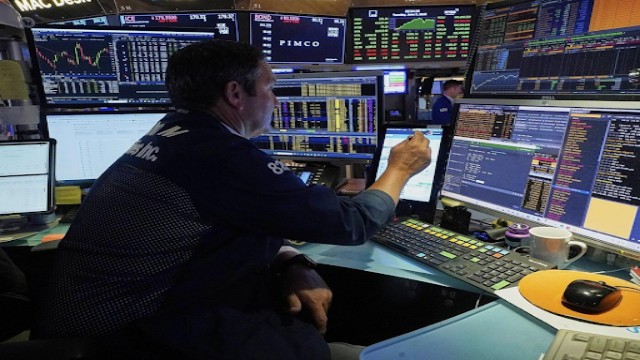
McDonald’s CEO addresses declining sales due to high prices, vows to prioritize affordability. (Reuters)
The CEO of McDonald’s has acknowledged a decline in sales due to increased menu prices, leading to a focus on affordability moving forward. Despite global same-store sales growing by 3.4% in the latest quarter, falling short of Wall Street's 4.7% expectation, McDonald’s shares dropped by nearly 4%. Chris Kempczinski, the CEO, emphasized a need to cater to low-income customers who have reduced their spending at McDonald’s due to rising grocery prices making eating at home more economical.
While the company plans to implement further price increases this year, they aim for a slower pace compared to last year. Analysts predict that McDonald’s may introduce targeted deals through its mobile app to enhance affordability. Recent incidents of exorbitant pricing at certain McDonald’s locations have drawn public criticism, indicating a broader concern over affordability.
McDonald’s projects a moderation in US growth to 3-4% from the most recent quarter's 4.3%, primarily driven by increased menu prices. Despite positive growth in all regions except the Middle East, where franchisees faced challenges due to regional conflicts, McDonald’s remains optimistic about future prospects pending a resolution in the Middle East.
The company also faced backlash over perceived stances on geopolitical issues, particularly during the Israel-Hamas conflict, with protests and boycotts affecting some McDonald’s outlets. Approximately 10% of McDonald’s international restaurants are in the Middle East, contributing to 12% of international sales, highlighting the region's significance.
Furthermore, the impending minimum wage hikes across the US, such as California's $20-an-hour minimum wage for fast food workers, pose additional challenges. McDonald’s, along with Chipotle, has announced plans to increase menu prices in California to offset rising labor costs.
In summary, McDonald’s acknowledges the impact of higher menu prices on sales and aims to prioritize affordability moving forward amidst challenges posed by regional conflicts, public perception, and increasing operational costs.















